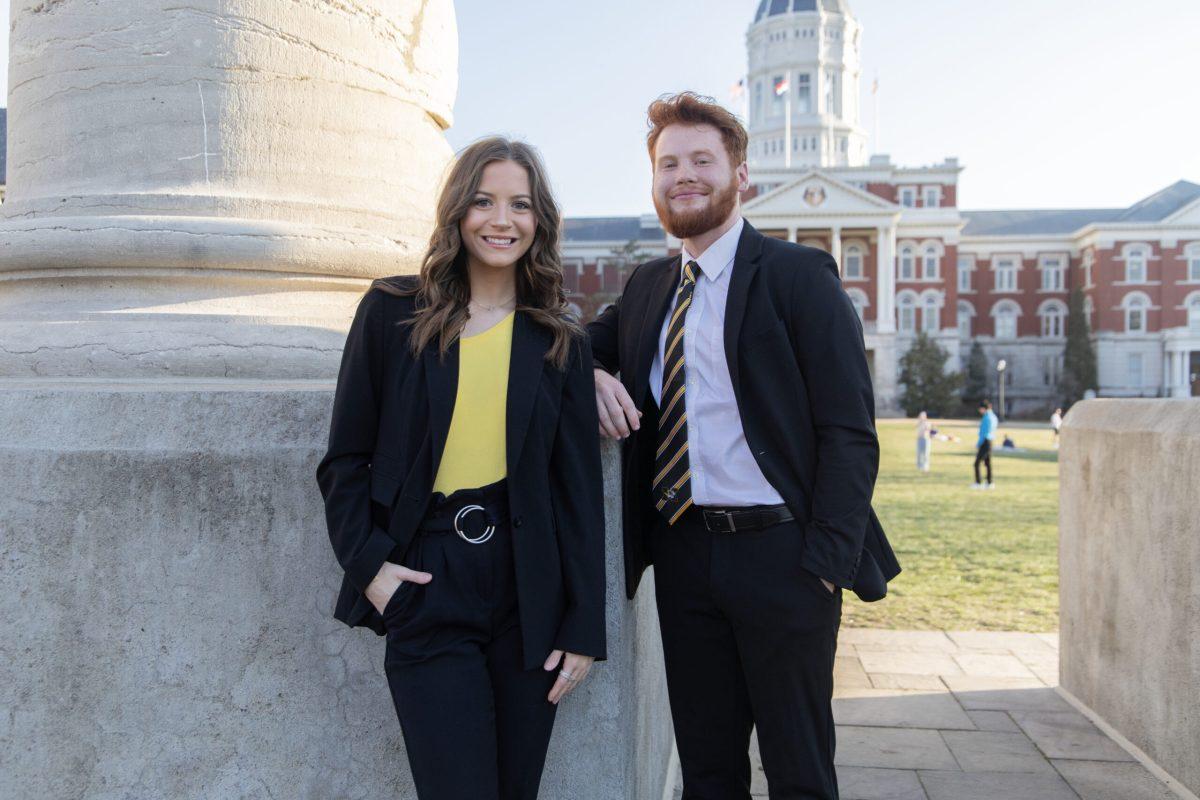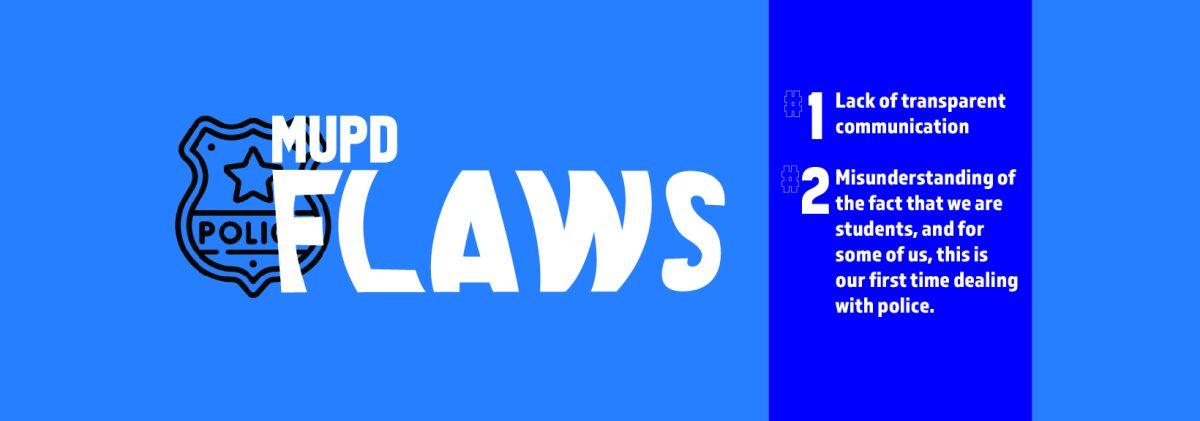It’s hard. It’s costly. For some, it’s impossible. Addiction destroys people. It destroys their families, communities, friends and futures. We are facing an addiction epidemic like no other, and it is killing a generation of Missourians. But long-term, sustainable recovery can and should happen, and we have the power make recovery services more accessible to Missourians who struggle with substance abuse disorders and other mental health issues. As a graduate student in Public Health, I have had the fortune of working with students in recovery from substance use disorders. I have seen strong fellowships knit by students in recovery, whose common ground is often found in their lowest moments. Despite their struggles they are bright, passionate, and loyal young people who care fiercely for one another and their communities. And although each individual’s path to recovery is different, one thing holds true for all of them: They wouldn’t be where they are today without help.
Recovery support services are critical to the long-term success of young people fighting addiction — many of whom suffer from co-occurring addiction and other mental health disorders. In fact, studies show that students with recovery support services on their campuses are more likely to stay enrolled in school and graduate than those without such services. However, when recovery services like rehab, treatment, counseling, and other behavioral health services can’t be accessed, there may be little that individuals can do to pull themselves out of addiction alone. This is the critical barrier faced by those who fall into the Medicaid gap in Missouri – people who earn less than 138 percent of the federal poverty level (just $24,300 for a family of 4), make too little to qualify for marketplace subsidies, but are ineligible for coverage through Medicaid because our state has not expanded this lifesaving program. Contrary to the stereotypes that are often used to label these people – lazy, unemployed, or gaming the system – most people who fall below the federal poverty level are actually the working poor, the elderly or people with disabilities.
According to the Department of Health & Human Services, a staggering 91,000 Missourians are struggling with substance use disorders and/or mental illness without insurance to help cover their healthcare costs. Of the 300,000 currently uninsured Missourians who would receive coverage under Medicaid expansion, that’s nearly 1 in 3… 1 in 3 Missourians who may not succeed in their recovery from addiction or mental illness if they have to do it alone. We have the power to change this. As a community, we can drastically reduce the prevalence of substance use disorders in our state. We have the power to choose to value the health and well-being of our fellow Missourians, enabling them to become active participants in their communities, and in our economy.
I recently had the opportunity to speak with several state legislators about statewide collegiate recovery efforts. Representatives from both sides of the aisle are in favor of recovery support services, because they understand the dire need for such services in our state. But not all of those representatives support Medicaid expansion. Why is that? Is it because they don’t know that Medicaid expansion is the single most comprehensive change that we can make to fund recovery support services in Missouri? Because it is. Medicaid expansion would effectively provide more than 300,000 Missourians with immediate access to healthcare services that they could not previously access. Is it because they think it will cost Missourians too much money? Because it won’t. Medicaid expansion will save our state approximately $348 million in the first three years after implementation, and comes at no cost for taxpayers during that time. After the first three years of expansion the state will pay some money, but at a fraction of the cost we are currently paying. These savings mean that, in the long run, it will not cost Missouri taxpayers to expand Medicaid. In fact, by not expanding we are losing money that we pay in federal taxes because it is being redistributed to other states that have already expanded Medicaid. In other words, we’re already paying for our neighboring states to access healthcare and recovery resources, but not for the citizens of our own state.
What you should know about addiction recovery in Missouri is that we can do better. We can confront the stigma of addiction with facts, and choose to treat each other with compassion, dignity, and respect. We can tell our legislators that we expect them to do more than toe the party line when they know that there is a pressing need for recovery funding in our state, and citizens whose lives are at risk. Most importantly, we can expand Medicaid and collectively lift up 300,000 of our friends and neighbors who cannot – and should not have to – do it alone.
_Jordan Hoyt is a graduate student in Public Health at the University of Missouri._











